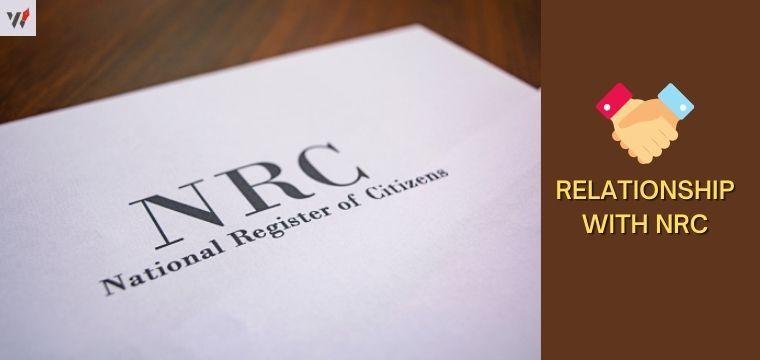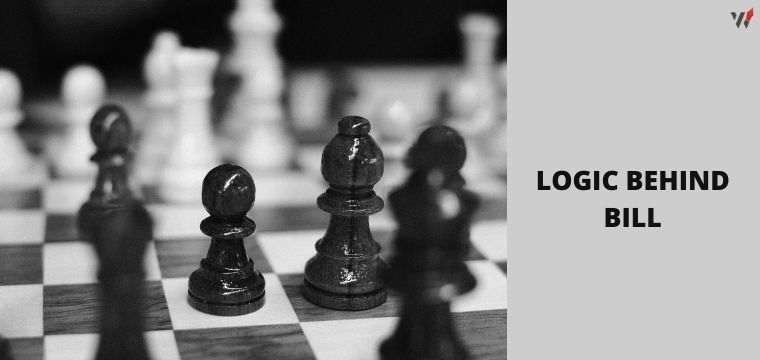What is it and why has it created the bone of contention alongside NRC?
On 11th of December 2019, Parliament of India passed the Citizenship Amendment Act. The act modified the original Citizenship Act of 1955. It granted religious minorities of Pakistan, Bangladesh, and Afghanistan, a path to citizenship. It did not give such eligibility to Muslims from those countries.Please read Citizenship Amendment Bill (CAB).
In previous election manifestos, the Bharatiya Janata Party vowed to give Indian citizenship. Representatives of oppressed religious minorities were to get this citizenship. They have migrated from neighboring countries.
Under the 2019 amendment, some migrants are eligible for citizenship. The ones who had entered India by 31 December 2014. It is for those who had experienced “religious persecution.” Or, the act also specifies migrants who have feared “religious persecution.”
The amendment also reduced the residency need for these migrants. It is now reduced from 12 years to six years.
According to the Intelligence Bureau, the beneficiaries of the bill would be over 30,000. (Source: The Indian Express)
Suggested Blogs:
- THE FASTEST GROWING FOODTECH UNICORN: SWIGGY
- RAPIDO THE TWO WHEELER CAB
- NETMEDS- INDIA KI PHARMACY
- ZERODHA- THE GAME CHANGER OF STOCK EXCHANGE IN INDIA
Relationship with NRC – Citizenship Amendment Bill (CAB)

The National Register of Citizens or NRC is a register of citizens. It is for people who are residing in India with law. It is particular in the state of Assam, which had seen a large influx of Bangladeshi refugees post 1971.
According to The Print , any person who migrated from Bangladesh and had come to the state on or before 24 March 1971, would be a legal citizen. The register also considers any person whose ancestors’ name was in the census of 1951 as a legal citizen. The register was also a part of the Assam Accord. The leaders of All Assam Students’ Union(AASU), Asom Gana Parishad(AGP) and the then Prime Minister of India Rajiv Gandhi on August 15,1985 signed it. (Source: The Economic Times)
There are concerns that the amended Citizenship Act offers a provision for non-Muslims. They might say that they were refugees escaping persecution. They may say that they are from Afghanistan, Pakistan or Bangladesh, while the Muslims may not have benefit. Such an argument could only be workable for people who live in the border state.
Muslim leaders describe it in these words, that is, Muslims in the country would be (by finding documents as insufficient) as potential immigrants, leaving out all non-Muslims.
Logic Behind Bill | Citizenship Amendment Bill (CAB)

The Citizenship Amendment Bill (CAB) has been not taken well and has also established itself ass “Anti-Muslim” by several people in the nation. Throughout Pakistan, a lot of the Ahmadiyya and Shia Muslims face religious persecution. It excludes the “Muslim” community has made this bill controversial. While one might wonder why only Pakistan, Afghanistan and Bangladesh selected for the same a reference can
be to the Nehru-Liaquat Pact, also known as the Delhi Pact 1950. The center had excluded Muslims since many nations were already ready to grant them asylum. (Source: Observer Research Foundation)
Suggested Blogs;
- HIRING PERFECT CONTENT WRITING COMPANY – 8 TIPS YOU MUST FOLLOW
- OTT RELEASES IN FIRST WEEK OF SEPTEMBER
- OTT RELEASES THIS WEEK
- PRANAB MUKHERJEE – THE BHARAT RATNA
- 10 INSPIRING AND MOTIVATIONAL SONGS
Why the Protests? – Citizenship Amendment Bill (CAB)

In India, there were widespread protests against the three acts by the government. With each having its own reasons. People were protesting against the CAA. Since it was possible that a lot of Muslims in India would lose their citizenship. And, government will force them to prove citizenship.
The key reason why people were protesting against NRC is again due to a suspected reason. The government specify that they will include the NRC now at the whole nation. The NRC exercise did take place in the state of Assam and a lot of people were not included in the list. These included people who had been living in the state for generations since 1971. The non muslims would get citizenship due to the amended act. Whereas the muslims would move to detention centres and might be out of their life in the country. (Source: Times Of India)

 WhatsApp
WhatsApp